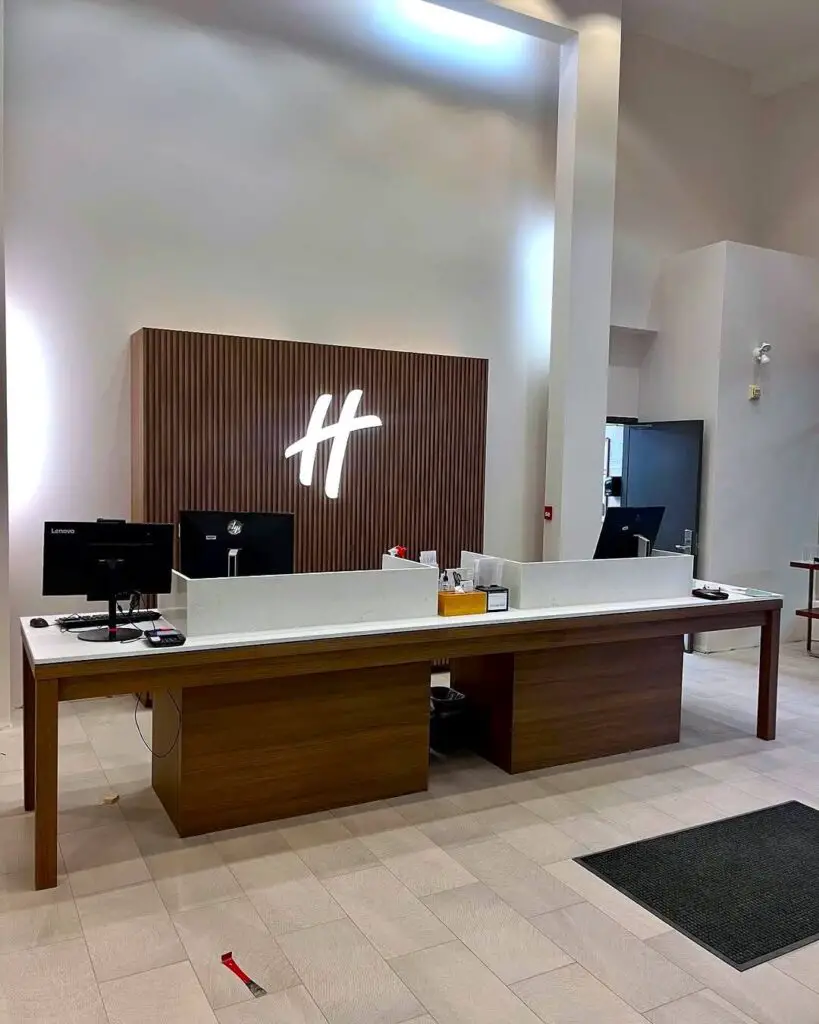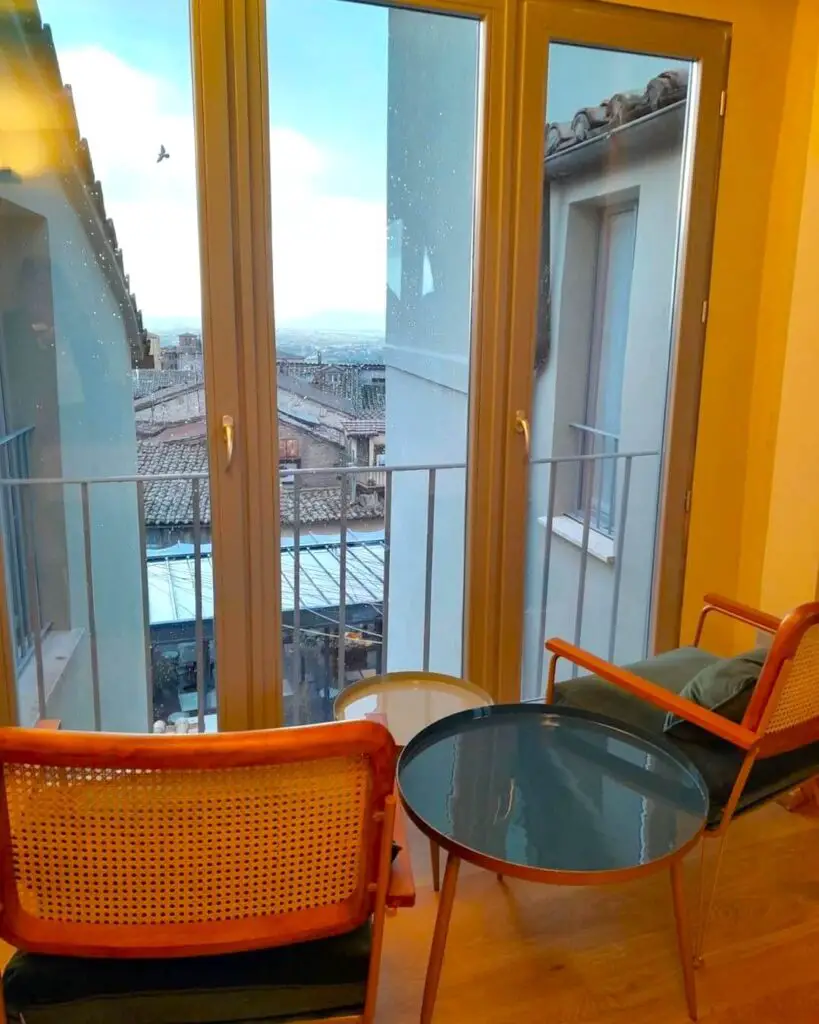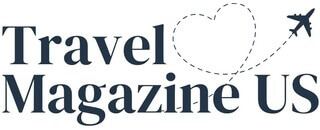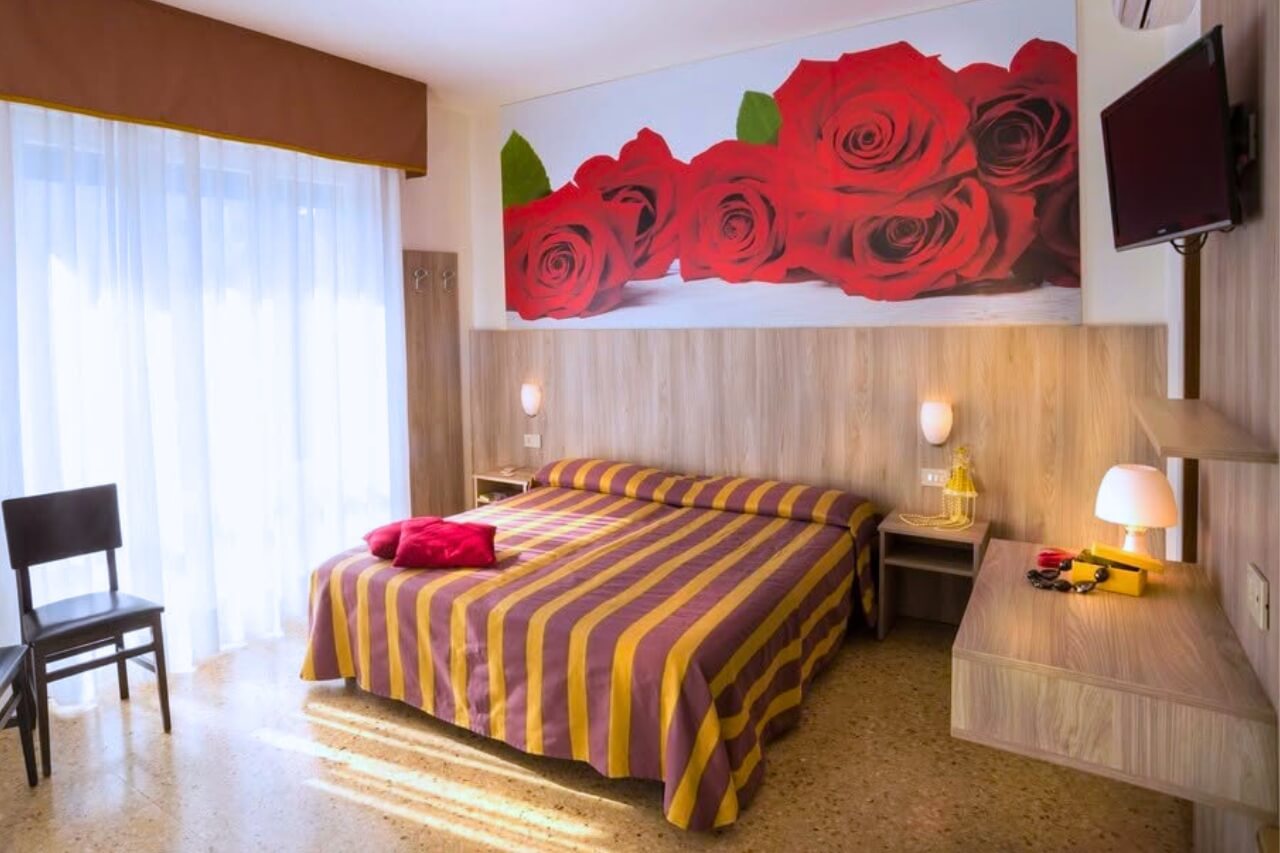You’ve saved for months, packed your bags, and finally arrived at your dream hotel. But that nice room you booked? It might be a carefully crafted scam designed to empty your wallet.
Unfortunately, hotel scams are becoming increasingly common, and malicious people will come up with anything to rip you off.
For this reason, it is always important to be prepared and to know what the most common scams are so that you can avoid them.
1. The Front Desk Call

A very sneaky scam involves using the phone in hotel rooms to receive fake calls from the front desk.
You’ll usually hear: “This is the front desk – there’s a problem with your credit card.”
Except it’s not the front desk – it’s a scammer hoping you’re too tired to think straight. These impersonators count on catching you off-guard, asking for card details they’ll use to drain your account.
Never give card information over the phone – always walk to the front desk If there’s a problem with the payment.
2. The “Free” WiFi Trap
That “Hotel_Guest_WiFi” network might look legitimate, but it could be a hacker’s door to your personal data.
Scammers set up fake networks in hotel areas, waiting for unsuspecting guests to connect.
Always verify the official network name at check-in; you usually find it written on the documents on the desk in the hotel room.
If you can, use a VPN for extra protection and avoid entering bank data when you’re connected to an unprotected network.
3. The “Mandatory” Resort Fee Scam

“Sorry, there’s a mandatory $40 daily resort fee.” But wait – wasn’t this supposed to be included?
Some hotels sneak in fake fees after you’ve checked in, hoping you’ll be too embarrassed to argue. Always review the original booking terms and challenge any unexpected charges.
Some countries, for example Italy, have a tourist tax that applies to tourists who stay overnight in accommodation facilities.
If you can, check online first to find out the amount so you don’t get any surprises.
4. The Menu Switch
You can usually find a room service menu under your door. It looks identical to the hotel’s – except the phone number is different.
When you order, you’re actually calling a third-party service that takes your credit card info and disappears.
Only use the menu provided at check-in or call the front desk directly.
5. The “Complimentary” Breakfast Upgrade

A friendly message or email offers a free breakfast upgrade – just confirm your booking details, including credit card info.
Legitimate hotels usually don’t ask for card information for complimentary services.
It is a very common phishing attempt disguised as customer service. Again. the only way to avoid these scams is to be careful and ask the hotel staff directly if you have any doubts.
6. Fake Hotel Listings
This is perhaps the most common scam involving hotels.
You find an ad on the Internet for a great hotel at an attractive price (maybe even with some discounts) and book it without thinking twice.
Be careful because some scammers can create very realistic fake hotel booking websites that look totally legit.
You pay in advance, only to arrive and realize the hotel has no record of your booking. In some cases, the hotel does not even exist, and you have spent your money for nothing.
7. Thieves Love Tourists
The last type of scams we want you to be aware of are those related to theft. Tourists are among thieves’ favorite targets, so they are very active in some hotels.
First, never let your luggage out of your sight. In some cases, thieves pretend to take the wrong suitcase and can get away with all your belongings.
Second, be careful to always close the door tightly when leaving your room.
Some thieves enter rooms to steal jewelry or valuables. In case they are caught, they say they inadvertently entered the wrong room and that the door was already open.
Stay Smart, Stay Safe
To conclude, we can say that the best defense is a healthy dose of skepticism.
If you have any doubts verify everything with the front desk in person. Never give card details over the phone or on websites that may be unreliable.
Lastly, remember that if something seems too good (or strange) to be true, it probably is.

